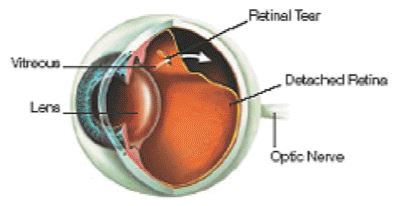Discover more about this condition and how to treat it safely and effectively
Choose the option below that sounds most like you to discover your best solution
Give us a call to understand how your insurance can help cover your treatment
Eye treatment options can be confusing. We’ve made the journey as straightforward as can be
Get a quick overview of everything you need to know about gaining visual freedom
Damehood for leading ophthalmologist
Damehood for leading ophthalmologist Professor Helen Danesh-Meyer – the first ever female professor of [...]
Eye Institute Annual Optometry Conference 2025
Eye Institute Annual Optometry Conference 2025 On Sunday 9th November, we held our annual optometry conference at Aotea Centre. We were blown away [...]
What Is a Droopy Eyelid?
What is a Droopy Eyelid? As we age, many of us notice changes around [...]
Learn more about treating retinal detachment from authoritative sources.
Note: These links will take you off our website










